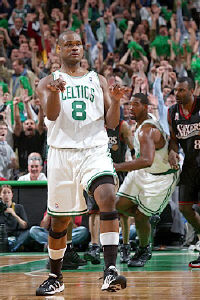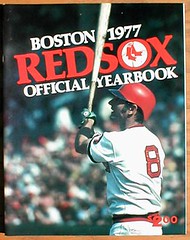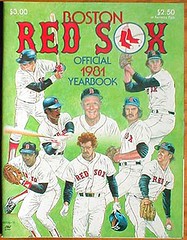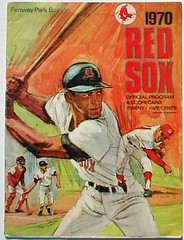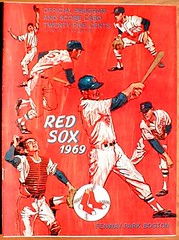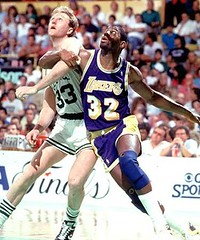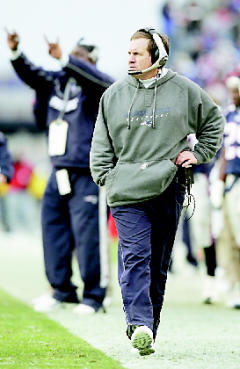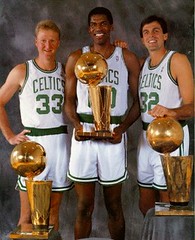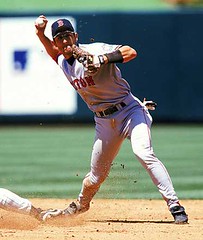Sunday, April 24, 2005
WHO'S DOWN WITH OBP??
The New York Times > Magazine > Absolutely, Power Corrupts
Teahen was another beneficiary of the Oakland experiment -- another player dismissed by scouts for his lack of power to whom the A's had given a better chance. The reason the scouting journal Baseball America listed him a lowly 134th on its 2002 list of the best college players was the same reason it ignored Steve Stanley: Teahen didn't hit home runs. Like Steve Stanley, he hit lefty. Like Stanley, he preferred pitches on the outside half of the plate, out of a hitter's natural power zone -- but in the place where he could hit the ball the other way and beat out base hits. And like Stanley, his chief contribution to a baseball offense was his ability to get on base. The difference was that, unlike Stanley, Teahen had no obvious alibi: he was a big kid who played a position, third base, expected to generate home runs. And yet here he was, hitting .412 his junior year with a mere six home runs. ''My college coach sat me down early in my junior season,'' Teahen says, ''and told me that if I wanted to get drafted high I had to hit more home runs.
Teahen was another beneficiary of the Oakland experiment -- another player dismissed by scouts for his lack of power to whom the A's had given a better chance. The reason the scouting journal Baseball America listed him a lowly 134th on its 2002 list of the best college players was the same reason it ignored Steve Stanley: Teahen didn't hit home runs. Like Steve Stanley, he hit lefty. Like Stanley, he preferred pitches on the outside half of the plate, out of a hitter's natural power zone -- but in the place where he could hit the ball the other way and beat out base hits. And like Stanley, his chief contribution to a baseball offense was his ability to get on base. The difference was that, unlike Stanley, Teahen had no obvious alibi: he was a big kid who played a position, third base, expected to generate home runs. And yet here he was, hitting .412 his junior year with a mere six home runs. ''My college coach sat me down early in my junior season,'' Teahen says, ''and told me that if I wanted to get drafted high I had to hit more home runs.





















